Burkina Faso
L’enquête 2024 sur les besoins et la satisfaction en matière de justice (eJNS) a été menée en face à face et fait partie d’un programme de recherche plus large de HiiL au Burkina Faso. Elle fait suite à deux enquêtes menées en parallèle en 2022 : une enquête JNS auprès de la population générale et une enquête sur les besoins en matière de justice des personnes déplacées à l’intérieur de leur pays et des communautés d’accueil, réalisée en partenariat avec le HCR et la Fondation Terre des Hommes Lausanne.
Faits marquants
3
lancement d'études de données
11834
Des Burkinabés interviewés sur leur parcours de justice
Le Burkina Faso diversifie son écosystème judiciaire afin de mieux répondre aux problèmes les plus médiatisés, tels que les questions de sécurité, ainsi qu’aux conflits quotidiens, tels que les problèmes de voisinage et les problèmes fonciers. Dans ce contexte et avec le soutien du ministère de la Justice et du ministère néerlandais des Affaires étrangères, HiiL a lancé une étude sur les besoins et la satisfaction en matière de justice afin de mettre à jour la carte des parcours et des préoccupations des Burkinabés en matière de justice.
Les données recueillies dans le cadre de ces enquêtes reflètent une demande urgente pour répondre aux préoccupations de la population du Burkina Faso en matière d’accès à la justice.
La demande de justice est globalement importante, comme le montrent les données.
La collecte de données et l’articulation des résultats obtenus ont fait partie intégrante de notre travail jusqu’à présent au Burkina Faso. Nous en sommes actuellement à notre troisième collecte de données dans le pays et travaillons à d’autres recherches sur les besoins en matière de justice et l’accès à la justice des Burkinabè.
Le ministère reconnaît que l’accès de base aux services de justice est une priorité. Le paysage judiciaire du Burkina Faso s’en trouve modifié. Par exemple, les autorités traditionnelles et coutumières sont en train d’être reconnues comme des acteurs officiels de la justice après une révision constitutionnelle en décembre 2023.
À l’avenir, HiiL continuera d’examiner les possibilités de renforcer la programmation de la justice axée sur les personnes au Burkina Faso. Il s’agit notamment d’établir des partenariats avec des acteurs étatiques, des organisations de la société civile et des universités afin d’étudier et de comprendre des problèmes juridiques spécifiques et des parcours de justice.
C’est dans cette optique que HiiL s’est associé à l’Association des Femmes Juristes du Burkina Faso (AFJ/BF), une OSC de femmes juristes qui défendent les droits des femmes et luttent contre les discriminations fondées sur le genre, pour créer une fiche d’information sur l’accès des femmes à la justice au Burkina Faso. Grâce à des données convaincantes et à des histoires réelles de femmes conseillées par la clinique juridique de l’AFJ/BF, le document offre un aperçu approfondi des implications réelles des obstacles auxquels les femmes sont confrontées lorsqu’elles cherchent à obtenir justice.
Qu'est-ce que la justice centrée sur les personnes ?
La justice centrée sur les personnes (PCJ) apparaît comme une approche concrète et systémique de la programmation de la justice (nationale). Les praticiens de la justice et les innovateurs du secteur ont identifié les « facilitateurs et les obstacles » qui soutiennent la mise en œuvre réussie de la PCJ, qui repose sur cinq piliers : La collecte de données, l’application des meilleures pratiques, la mise à l’échelle de modèles de prestation de services qui changent la donne, la création d’un environnement favorable pour pérenniser les résultats et le renforcement du mouvement pour consolider le changement. Dans l’ensemble, l’ambition est de faire en sorte que les professionnels du secteur de la justice consacrent du temps et des ressources de manière à répondre aux attentes et aux souhaits des citoyens, afin de garantir que leurs besoins en matière de justice soient satisfaits.
Partenaires






Personne de contact

Britt van der Donk
Directeur de programme Mali, Niger et Burkina Faso
Pour en savoir plus

Besoins et satisfaction en matière de justice des déplacés internes et des communautés d’accueil au Burkina Faso
Les personnes déplacées à l’intérieur de leur propre pays (PDI) et les membres de la communauté

Statement on the recent coup d’etat in Burkina Faso
HiiL expresses concern regarding the second coup d’etat that has taken place on 30 September 2022. This comes at a time when Burkinabe are seeking a more responsive justice system.

Un des pays les plus pauvres peut être le plus innovant
Cet article a été publié en ligne pour la première fois sur le site web de
Découvrez notre travail dans d’autres pays et explorez les projets mondiaux.

